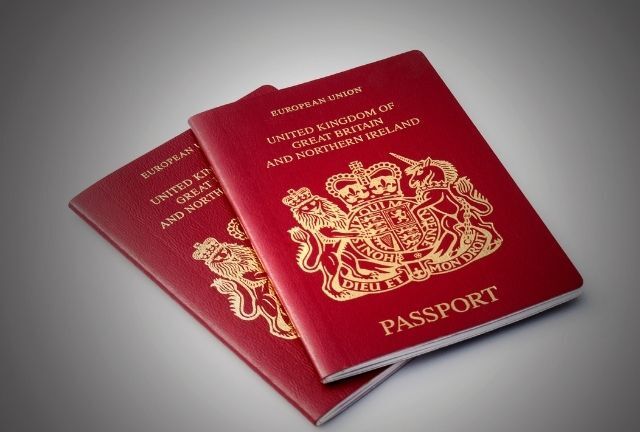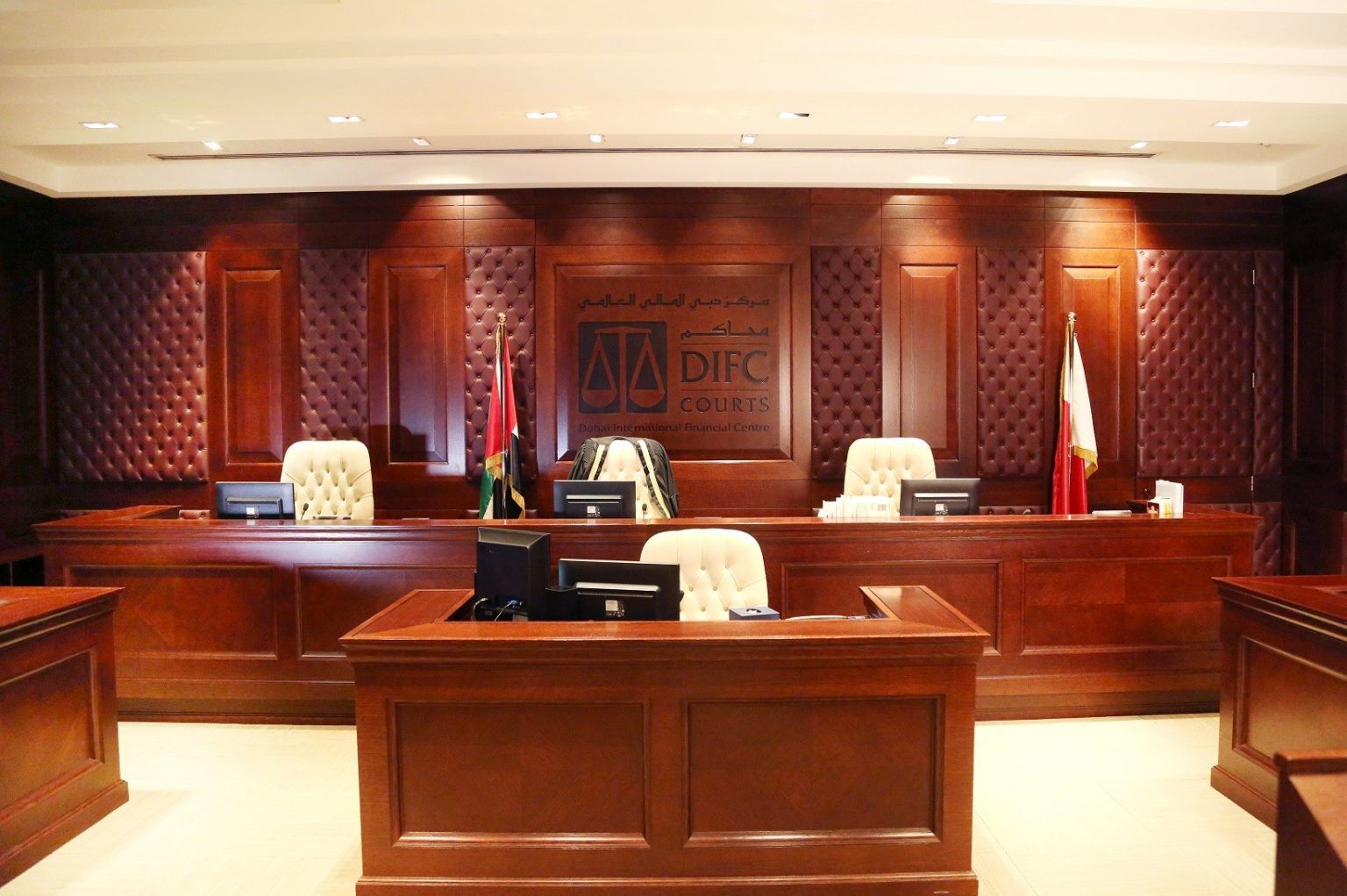Abu Dhabi Courts Set Aside an Arbitration Award For Failure Of Arbitrator To Disclose Potential Conflict of Interest
By Marc Massihi, Imad Kassir and Samer Abou Said
Introduction
This article considers, with reference to two recent Abu Dhabi courts judgments, the obligation of an Arbitrator to disclose the fact that he was working in the same law firm as the representative of one of the parties, and the impact of his failure to disclose this past relationship on his mandate and the validity of the arbitral award.
Background of dispute
An Arbitration Center (the “Center) nominated an Arbitrator based on Abu Dhabi Court’s request to resolve a dispute brought before the said Court, in accordance with the arbitration clause in the agreement.
The appointed Arbitrator accepted the appointment after submitting a statement of acceptance, impartiality and independence.
Before the Arbitral Award due date, the secretary of the arbitral tribunal sent a resignation email to the parties stating that her resignation was due to reasons related to the Arbitrator and the arbitral procedures. Shortly thereafter, the arbitral award was issued ordering the Respondent to pay AED 62M.
The Respondent was uncomfortable with this announcement and commenced its own investigations and came to know that the Arbitrator used to previously work as a lawyer in the same law firm with the legal representative of the Claimant in the dispute, and that he might have been subject to disciplinary measure by the regulating authority.
Consequently, our firm representing the Respondent filed before Abu Dhabi Appeal Court, two different petitions: first one to revoke the Arbitrator and terminate his mandate for failure to disclose that he used to work with the legal representative of the Claimant, and the second done for nullification of the Arbitral Award. The grounds for the two petitions were:
- First petition to revoke the Arbitrator’s mandate for the Arbitrator’s failure to disclose to the parties a fact that would likely give rise to doubts as to his impartiality and independence in accordance with Article (10.4) of the UAE Federal Law No. 6 for year 2018 (“Arbitration Law”);
Second petition to set aside the arbitration award in accordance with Article (53)(f) of the Arbitration Law of 2018 due to the composition of the Tribunal being in breach of the Arbitration Law .
Judgment of the Court of Appeal (“CA”) of Abu Dhabi
The CA joined both petitions and issued in one judgment its decision regarding the two petitions to terminate the mandate of the Arbitrator and to nullify the Arbitral Award, in October 2021.
The CA highlighted in its reasoning that the obligation of disclosure is essential to ensure impartiality of the arbitration process and the Arbitrator. Such obligation shall remain until completion of the arbitration procedure, and the Arbitrator is obligated to disclose to the parties without delay, all the events that would likely to give rise to doubts as to his impartiality or independence, referring in its reasoning for comparative purposes to two foreign judgments that dealt with conflict of interests disputes.
The CA further highlighted in its reasoning the validity of the Respondent’s claims: (i) nullification of the Arbitral Award due to the Arbitrator’s failure of disclosure as per article (10.4); and (ii) illegality of the Arbitrator’s mandate as a consequence of the illegality of his appointment in accordance with article (16) of the Arbitration Law of 2018. The CA considered these reasons sufficient for the nullification of the Arbitral Award in accordance with Article (53) of the same law.
The Claimant appealed to the Court of Cassation on the basis of error in the application of the law and flawed reasoning, focusing on two procedural aspects: The CA erred in (i) joining the two cases filed by the Respondent: termination of the Arbitrator’s mandate and nullification of Arbitral Award; (ii) ruling the nullification of the Arbitral Award based on the decision of terminating the mandate of the Arbitrator.
Judgment of the Court of Cassation (“COC”) of Abu Dhabi
The COC issued its judgment in January 2022. It stated that the joining of the two petitions to issue one judgment in both is merely a decision for the good conduct of justice, while preserving the independence of each of the cases and the means of appeal related to each of them.
Furthermore, the COC considered based on Article (15) of the Arbitration Law that the CA judgment regarding the termination of the Arbitrator’s assignment is not subject to challenge before the COC and approved the CA ruling regarding the nullification of the Arbitral Award based on Articles (10.4) and (53) of the Arbitration Law.
Conclusion
The CA and COC judgments underline the importance of the declaration of conflict of interest to the integrity of the arbitration proceedings. Furthermore, both courts determined that non-disclosure would lead to revoking the arbitration and nullification of the award regardless whether the failure to disclose a potential conflict of interest had an impact on the arbitration award or not.
“Contents of this article are for general informational purposes only. It is not intended as professional counsel and should not be used as such.”











